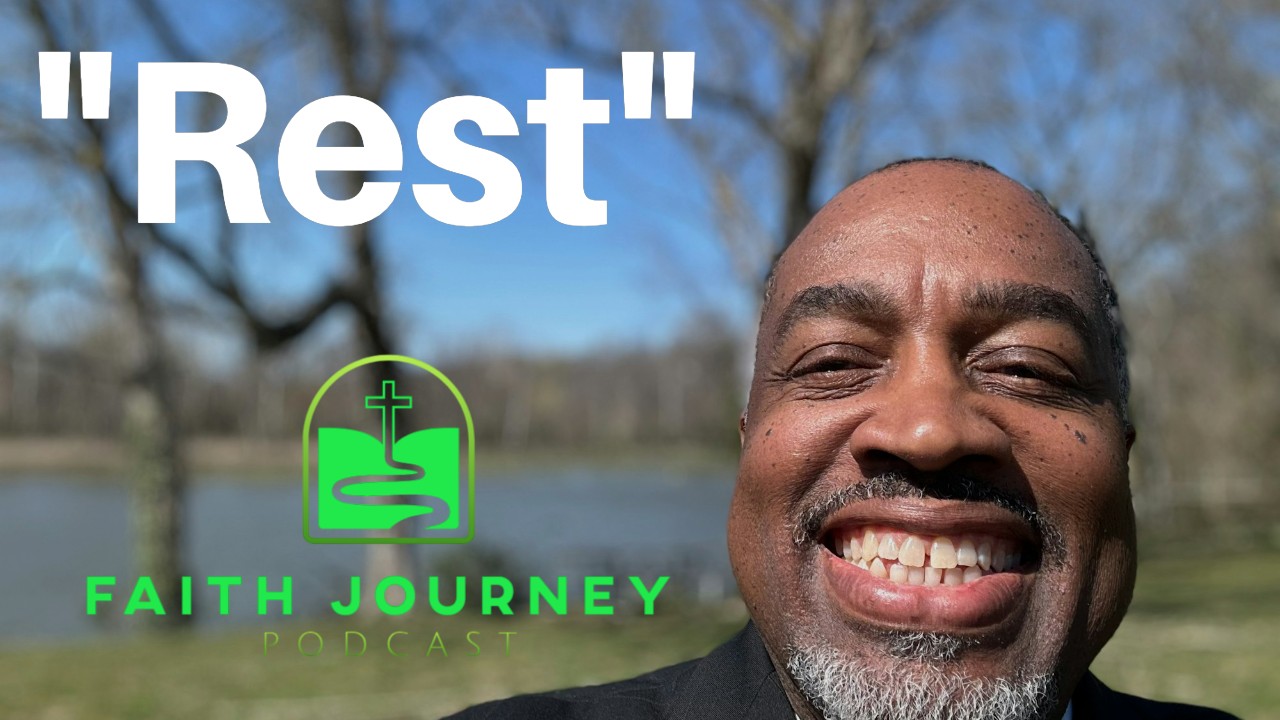Podcast Episode Details
Back to Podcast Episodes
The Sin of Not Resting
Episode 47
Biblically, the sin of not resting is seen as disobedience to God's rhythm of creation and a rejection of trust in His provision. It leads to spiritual dryness, societal injustice, and even exile.
Here's how Scripture frames this:
🕊️ Rest as a Divine Command
• God modeled rest in Genesis 2:2–3, blessing the seventh day and sanctifying it.
• The Sabbath was not optional—it was a covenant sign between God and Israel (Exodus 31:13–17).
• Ignoring rest was treated as rebellion. In Numbers 15:32–36, a man gathering wood on the Sabbath was put to death—not for working, but for defying God's command.
⚖️ Consequences of Ignoring Rest
• Spiritual consequence: Refusing rest is a refusal to trust God. It implies self-reliance over divine provision.
• Social consequence: When rest is denied—especially to workers, the poor, or the land—it breeds injustice and exploitation.
• National consequence: In 2 Chronicles 36:21, Israel's exile to Babylon is linked to their failure to observe the Sabbatical years. The land "enjoyed its Sabbaths" only after they were gone.
"The land enjoyed its sabbath rests; all the time of its desolation it rested, until the seventy years were completed…" — 2 Chronicles 36:21
💔 The Sin Beneath the Surface
• Pride: "I don't need rest" becomes "I don't need God."
• Greed: Refusing rest often stems from the desire to produce more, earn more, control more.
• Fear: Some avoid rest because they fear scarcity—forgetting that God provides.
✨ Jesus and Rest
• Jesus reclaims rest as a gift, not a burden. In Matthew 11:28, He invites the weary to find rest in Him—not just physical, but soul-deep.
• He heals on the Sabbath, showing that rest is restorative, not restrictive.
Biblically, the law of fallow fields is rooted in the Sabbatical Year commandment, where God instructs Israel to let the land rest every seventh year—no sowing, pruning, or harvesting for profit.
Here's a deeper look at its meaning and significance:
🌾 The Law of the Sabbatical Year (Shemitah)
• Scriptural Basis: Found in Leviticus 25:1–7 and Exodus 23:10–11, this law commands that every seventh year, agricultural land in Israel must lie fallow.
• Key Instructions:• No sowing or reaping: Farmers must not plant or harvest crops for profit.
• Let the land rest: The land is to be left uncultivated to recover its fertility.
• Open access: Whatever grows naturally is available for everyone—poor, stranger, and even animals.
"But in the seventh year the land is to have a year of sabbath rest, a sabbath to the Lord. Do not sow your fields or prune your vineyards." — Leviticus 25:4
🌱 Spiritual and Practical Purposes
• Trust in God's provision: Farmers had to rely on God to provide enough in the sixth year to sustain them through the seventh.
• Ecological wisdom: Letting land lie fallow helps restore nutrients, control pests, and prevent overuse—an ancient form of sustainable agriculture.
• Social equity: The law ensured that the poor and marginalized had access to food during the fallow year
💬 Symbolic Meaning in the Prophets
• Jeremiah 4:3 and Hosea 10:12 use "fallow ground" metaphorically:• It represents hardened hearts that need to be broken up and prepared to receive God's word.
• "Break up your fallow ground" is a call to spiritual renewal and repentance
Published on 11 hours ago